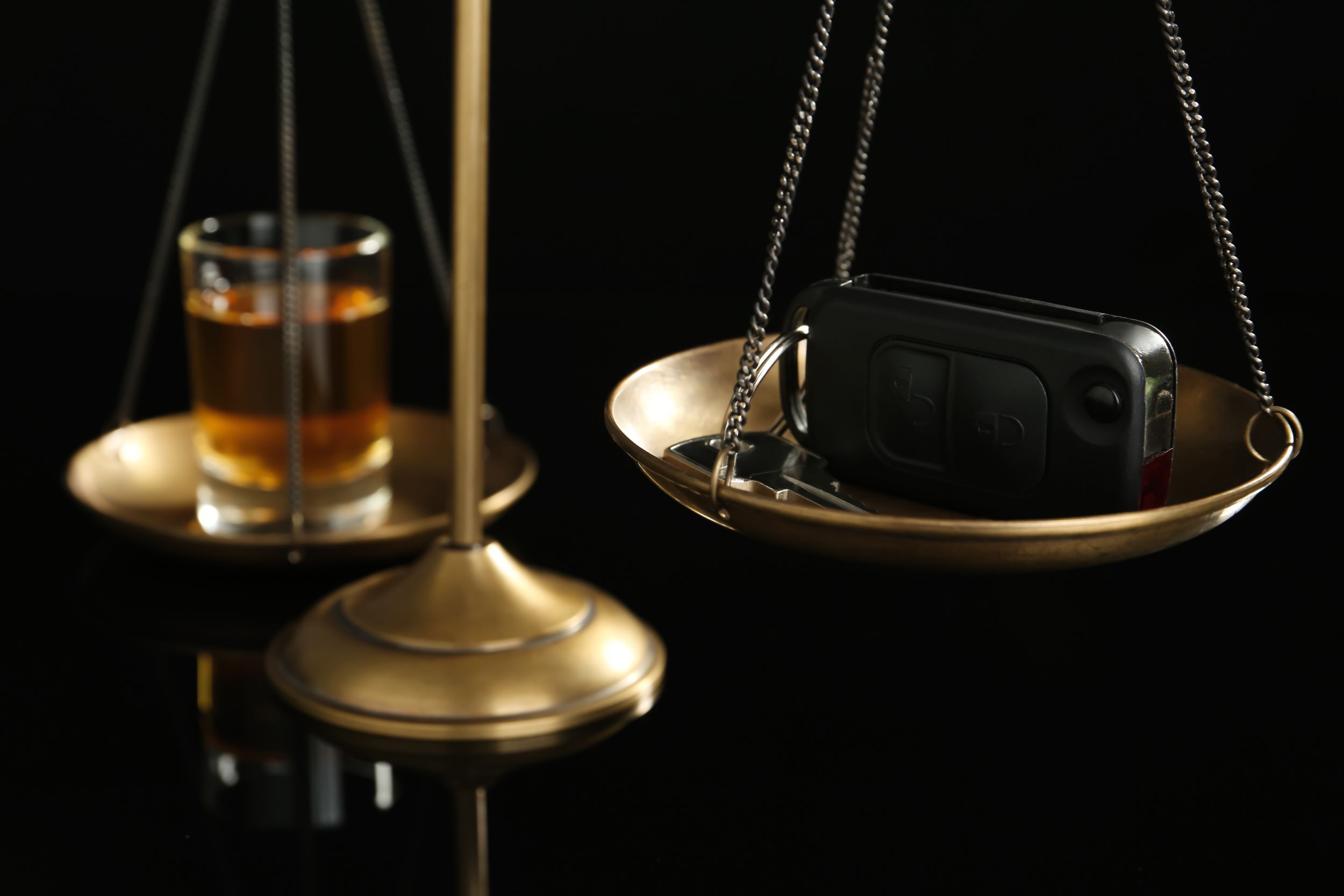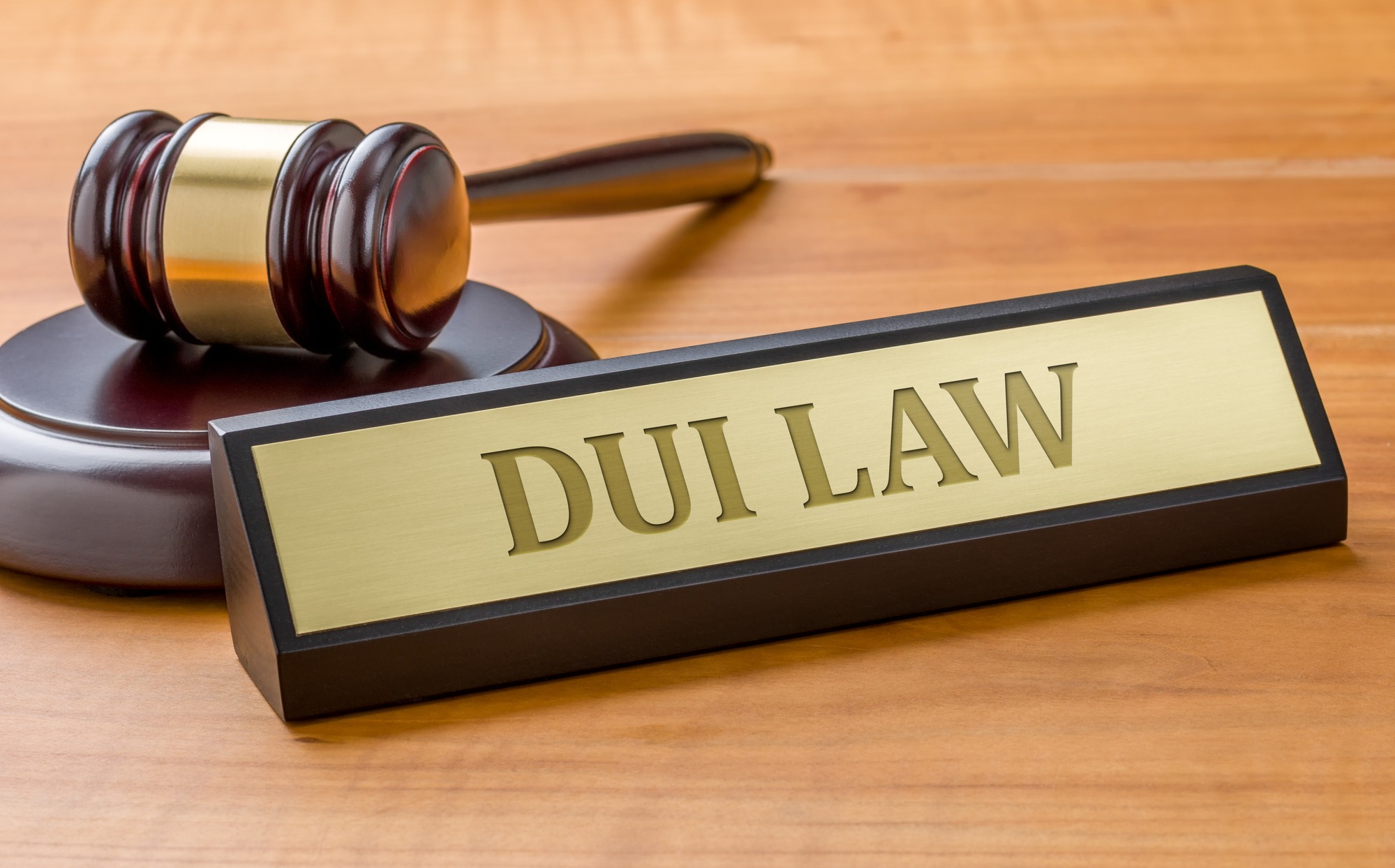Important Considerations When Facing a Second or Further DUI Charge
DUI charges should always be taken seriously. They all come with the potential for losing your license for an extended period of time, and if you are convicted of a DUI, you could face time in jail or prison, fines, mandatory DUI education programs, and other consequences.
The severity of the consequences you face can be impacted by multiple DUI convictions already on your record or the fact that you are facing a felony DUI charge.
Escalating Potential Penalties for Subsequent DUIs
In most cases, DUI penalties escalate with regard to severity as you add DUI offenses to your record. First, second, and third DUI offenses are usually treated as a misdemeanor unless there are serious injuries, deaths, or other factors related to the case. Even misdemeanor DUIs come with escalating consequences, however.
For a first offense, you may face up to 6 months in jail, up to $1,000 in fees and fines, required DUI education, and loss of your license for up to 10 months. Upon a second conviction, you can face all of that, but the potential time you spend in jail may be as much as 1 year and you could lose your license for up to 2 years. A third conviction can come with the same consequences, though the loss of your driver’s license can be for up to 3 years.
Once you hit a fourth DUI conviction, it’s considered a felony. If convicted of felony DUI, you could face up to 3 years in prison, fines and fees, and revocation of your driver’s license. In some cases, you might be able to get your license back after a certain period of time if you meet DUI education and other requirements.
Cases that involve the injury or death of another person involved in a DUI-related accident could result in further consequences, including many years in prison in some cases.
Potential Defense Strategies for Multiple DUIs
While the law takes a hardline approach to DUI sentencing in cases that involve multiple previous convictions, you do have options for defense. An experienced DUI attorney can also work with you to create a strategy that may mitigate some of the severity of sentencing should you be convicted of a current DUI.
Challenging the Facts of the Case
If you are innocent of DUI in the first place, you might work with your defense attorney to challenge the facts and evidence presented against you. Some options can include:
- Demonstrating that you weren’t driving a vehicle. If you can show that there has been a misunderstanding and you weren’t driving at the time of the DUI arrest, it won’t matter if you were intoxicated or had a BAC level above the legal limit. To prosecute you for DUI, the state must show that you were actually driving under the influence.
- Challenging the traffic stop or field sobriety test. Law enforcement officers are required to follow specific procedures for traffic stops and related tests. If you can show that the stop was illegal or that required procedures weren’t followed, it may help with your DUI defense.
- Challenging chemical test results. Another potential defense option involves calling the breathalyzer, blood, or urine test results into question. Your lawyer may work to get information about whether machines were properly calibrated or samples were handled according to the right procedure, for instance. If not, the test results may not be accurate.
Plea Bargaining to Reduce the Charges
In some cases, the better alternative is to plea bargain to reduce the charges. This might be the case if you are potentially facing a charge of felony DUI but there is some room to interpret the facts of the case to support a misdemeanor instead. Your attorney can help you understand whether pursuing negotiations like this makes sense in your case.
Demonstrating a Willingness to Comply With Treatment
If the evidence is stacked solidly against you, it may be time to consider options for working to reduce sentencing outcomes rather than outright stop a conviction. Or, if you have already been convicted, your lawyer might work on your behalf to reduce the impact of your sentence. One option may be showing that you are remorseful for your actions and that addiction or other factors played a role in them. You may also need to demonstrate that you are willing and ready to comply with treatment or any type of alternative sentencing ordered by the court.
How a DUI Attorney Can Support You
The outcome of a DUI case is never set in stone as soon as charges are filed. An experienced DUI attorney can help you create a defense strategy that has a good chance of positively impacting outcomes. To start working with a DUI defense attorney today, call Patrick Silva, Attorneys at Law, at 909-500-4819.




